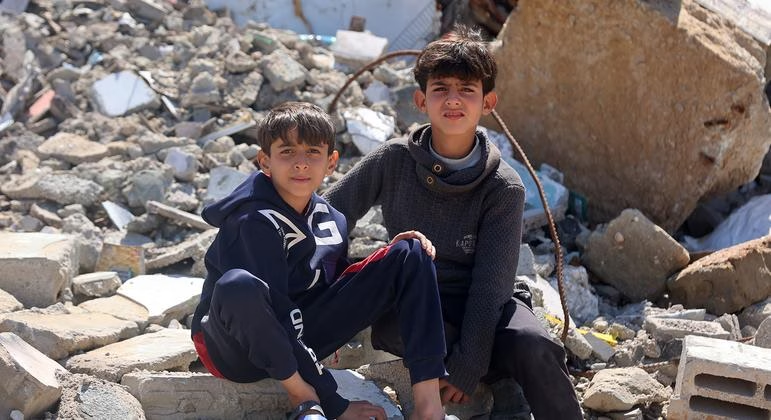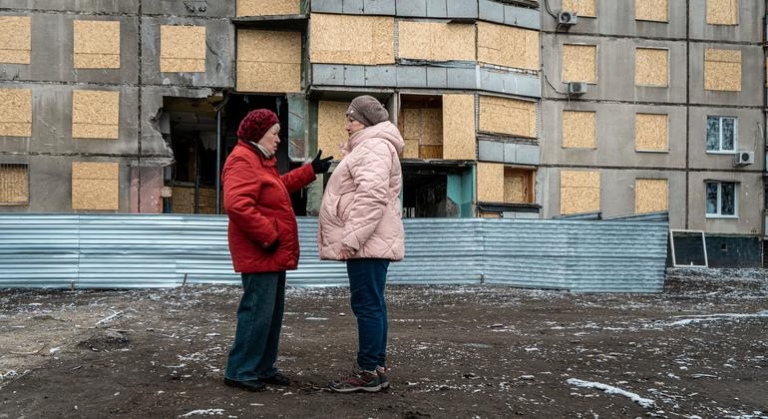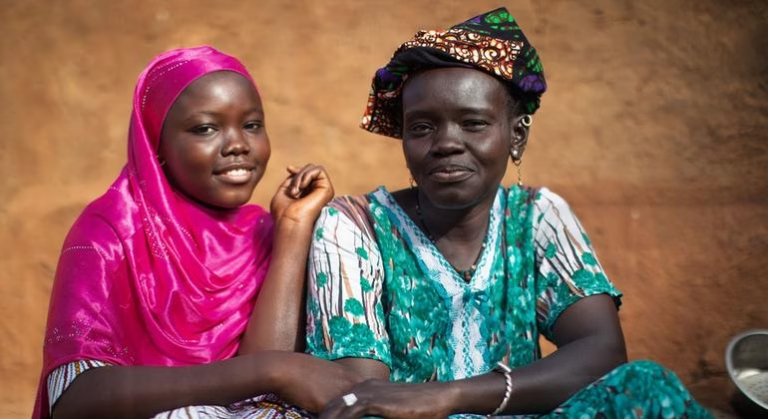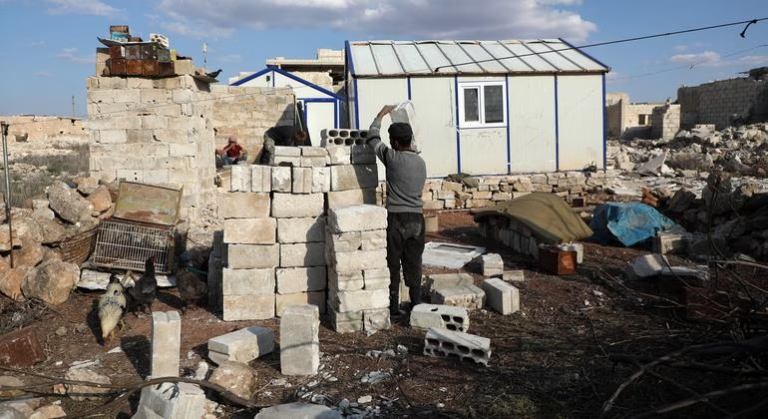
UNICEF reports that the absence of these vital supplies is likely to result in increased malnutrition, diseases, and preventable conditions, leading to a rise in child mortality rates.
According to Edouard Beigbeder, Regional Director for the Middle East and North Africa at UNICEF, thousands of aid pallets are currently pending entry into the Gaza Strip.
“A large portion of this aid is critical for saving lives, yet it remains stored away. Immediate permission for entry is required. Allowing aid entry is not optional or charitable; it is an obligation under international law,” Beigbeder stated.
Children’s Lives Under Threat
UNICEF warns that children receiving treatment for malnutrition are at severe risk, as 21 treatment centers, representing 15% of the total, have closed due to displacement orders or bombardments.
Moreover, only enough ready-to-use infant formula is available for 400 children for one month. It’s estimated that nearly 10,000 infants under six months require supplementary feeding, which could force families to use dangerous substitutes mixed with unsafe water.
Additionally, UNICEF has had to reduce its provision of mental health support, mine education, and child protection services due to ongoing conflict and displacement.
Deteriorating Water Access
During the truce, UNICEF worked on repairing critical wells and waterpoints. However, with the breakdown of the ceasefire, many of these remain unrepaired or at risk.
The agency notes that access to drinking water for one million people, including 400,000 children, has decreased from 16 liters per person per day to just 6. If fuel runs out, this could drop further to below 4 liters, compelling families to use contaminated water, significantly increasing the risk of disease outbreaks, especially affecting children.
Meeting Basic Needs
“On behalf of over one million children in the Gaza Strip, we urge the Israeli authorities to meet, at the very least, the basic needs of the population, in accordance with their obligations under international humanitarian law,” said Mr. Beigbeder.
“This includes their legal duty to ensure families receive the necessary food, medical, and other vital supplies for survival.”
In response, UNICEF and its partners continue to maintain a crucial presence in Gaza.
The agency persistently calls for the cessation of hostilities and the restoration of the truce, emphasizing the need for unobstructed entry and movement of humanitarian aid and commercial goods across the Gaza Strip.
Source: https://news.un.org/feed/view/en/story/2025/04/1161931








